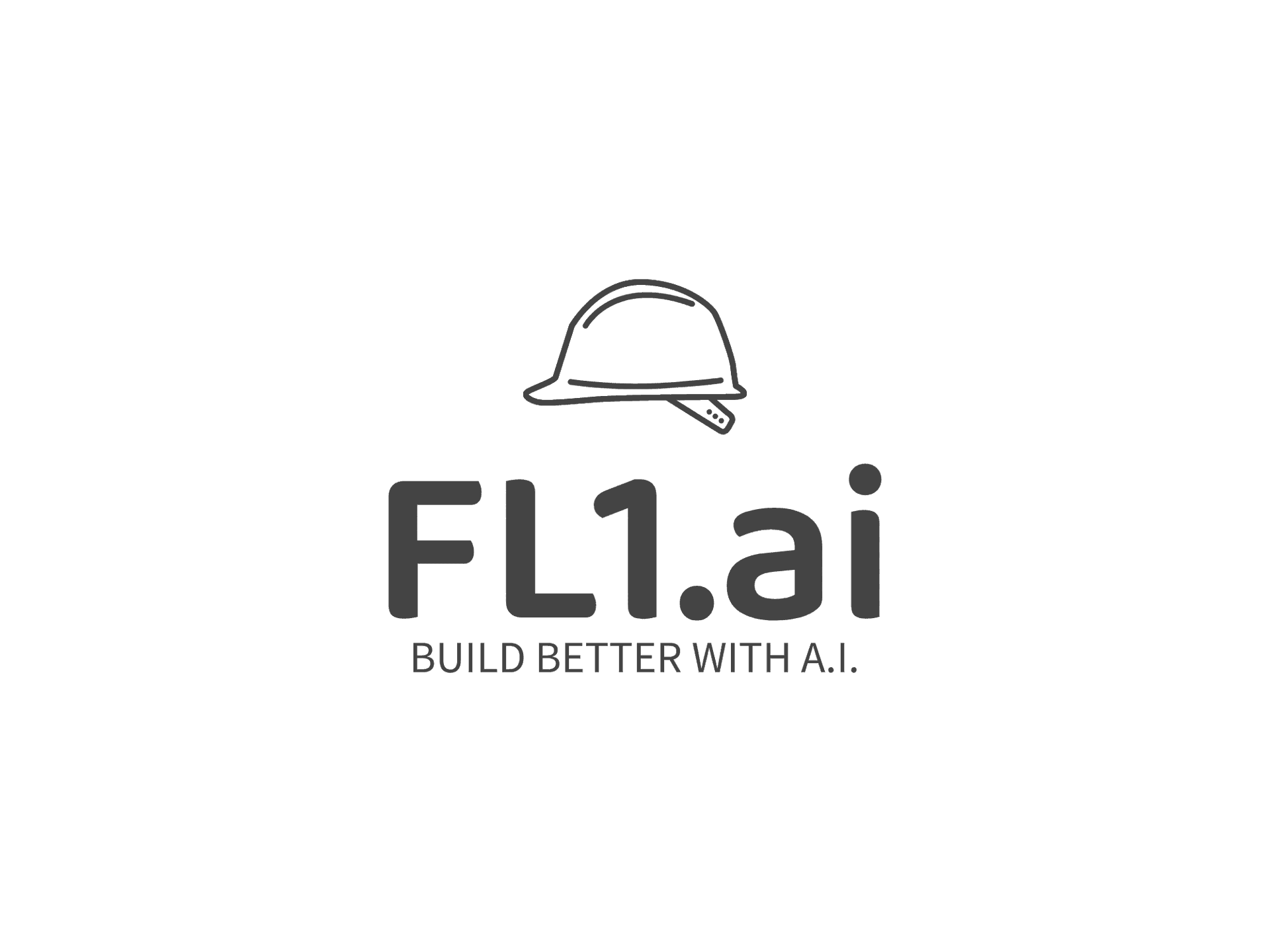A Comprehensive Guide to AI-Driven Resource Management in Construction
In the rapidly evolving construction industry, resource management remains a critical factor for success. As projects grow in complexity, the need for efficient resource allocation becomes paramount. Enter AI-driven resource management—a revolutionary approach that leverages artificial intelligence to optimize resources, reduce waste, and increase productivity. This comprehensive guide explores how AI is transforming resource management in construction.

Understanding AI-Driven Resource Management
AI-driven resource management utilizes advanced algorithms and machine learning to analyze vast amounts of data. By processing this data, AI systems can make informed decisions about the allocation of resources, ensuring that every aspect of a construction project is optimized. This technology helps in predicting resource needs, managing supply chains, and even automating scheduling processes.
The integration of AI in resource management is not merely a trend but a necessity for companies aiming to stay competitive. With AI, construction firms can anticipate potential bottlenecks and proactively address them, saving both time and money.
The Benefits of AI in Construction
AI offers several advantages in resource management:
- Efficiency: AI systems can process large data sets faster than human counterparts, leading to quicker decisions.
- Accuracy: By minimizing human error, AI ensures more precise resource allocation.
- Cost Reduction: Optimized resource management leads to reduced waste and lower project costs.
- Risk Management: Predictive analytics help identify potential risks before they become critical issues.

Implementing AI in Resource Management
Adopting AI-driven resource management requires a strategic approach. Companies should start by investing in the right technology and training their workforce to work alongside these new systems. It's crucial to select AI tools that integrate seamlessly with existing software platforms and workflows.
Moreover, collaboration between IT specialists and construction managers is essential to tailor AI solutions to specific project requirements. This partnership ensures that every tool used is aligned with the company's goals and enhances overall productivity.
Challenges and Considerations
While AI offers numerous benefits, its implementation is not without challenges. Initial costs can be high, and there may be resistance to change from staff accustomed to traditional methods. Furthermore, data privacy and security concerns must be addressed when handling sensitive project information.
To overcome these hurdles, companies should focus on change management strategies that emphasize the long-term benefits of AI adoption. Continuous training and support will also help ease the transition and maximize the technology's potential.

The Future of AI in Construction
The future of AI in construction is promising. As technology continues to advance, AI systems will become even more sophisticated, providing construction firms with unprecedented insights. From autonomous machinery to smart supply chain management, the possibilities are endless.
Ultimately, those who embrace AI-driven resource management will lead the industry towards a more efficient and sustainable future. By harnessing the power of artificial intelligence, construction companies can unlock new levels of innovation and excellence.
